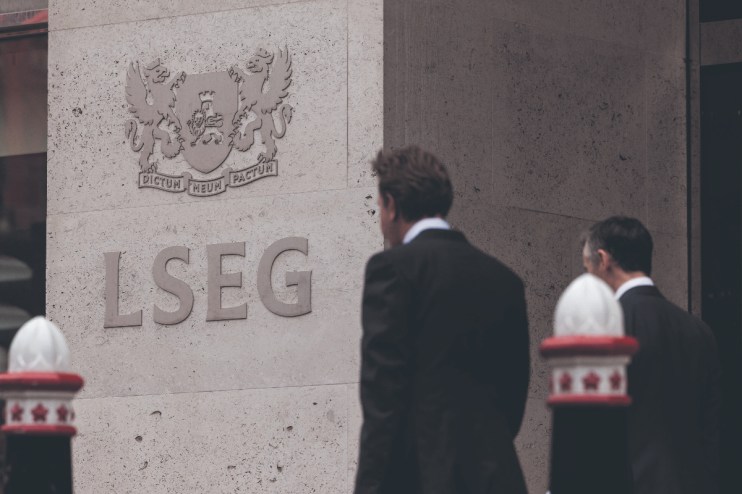Thomson Reuters falls at hurdle in fight against HMRC tax bill

After trying to fight a whopping £167m tax bill, a court sided with the tax agency against a former Thomson Reuters business.
An entity of the London Stock Exchange Group (LSEG) was the subject of a hefty tax bill after a blockbuster deal when LSEG bought a data company from Swiss-based Thomson Reuters for $27bn (£19.3bn) in 2019.
Previously known as Refintiv, the data unit’s name was changed to LSEG Data & Analytics.
HMRC slapped a £167m tax bill after it decided to issue diverted profits tax (DPT) notices.
The DPT regime was introduced in 2015 to address the situation where multi-national groups deploy arrangements to divert profits away from the UK to lower tax jurisdictions.
Thomson Reuters filed a judicial review claim against the tax authority’s tax bill, arguing that the DPT notices were unlawful in public law terms.
However, last October, the Upper Tax Tribunal ultimately dismissed LSEG case. The legal challenge was taken to the Court of Appeal last month.
However, Lord Justice Underhill, Lady Justice Whipple and Sir Launcelot Henderson dismissed the appeal, ruling there is no objection in public law to the relevant assessments to DPT raised by HMRC.
The only step left for the company will be to try and bring its case to the Supreme Court, but it is yet unclear if it’ll consider that final step in its fight against this tax bill.
A HMRC spokesperson said: “We welcome the decision, which rejects the companies’ claims that HMRC’s charge of more than £167m of DPT was unlawful and an abuse of our powers.”
“The court confirmed we acted lawfully in issuing DPT charging notices, correctly using anti-avoidance legislation that is designed to counter the use of aggressive tax planning by multinational corporate groups to divert profits from the UK,” HMRC added.
An LSEG spokesperson said: “The claims relate to the period before LSEG’s acquisition of Refinitiv and are being conducted by Thomson Reuters who have fully indemnified LSEG against any financial liabilities”.
While a spokesperson for Thomson Reuters stated: “We have no comment.”